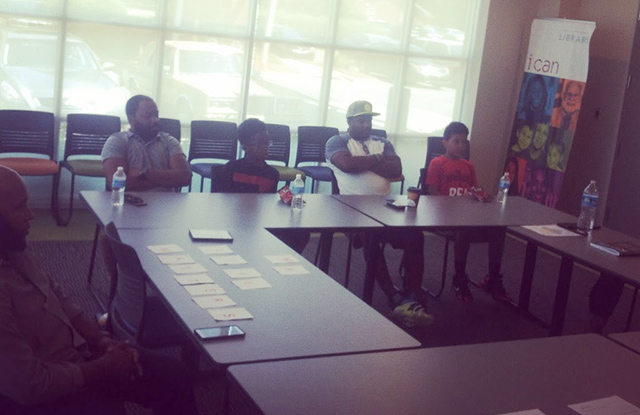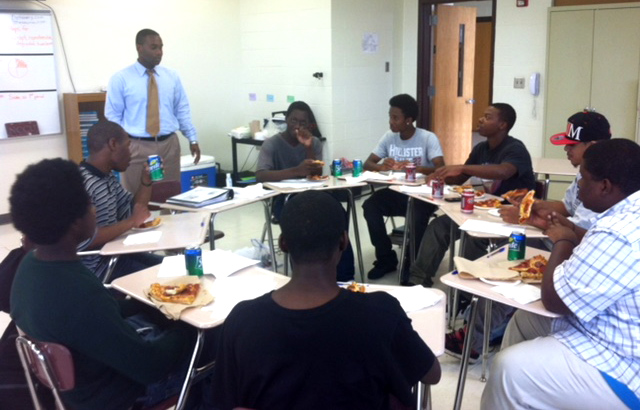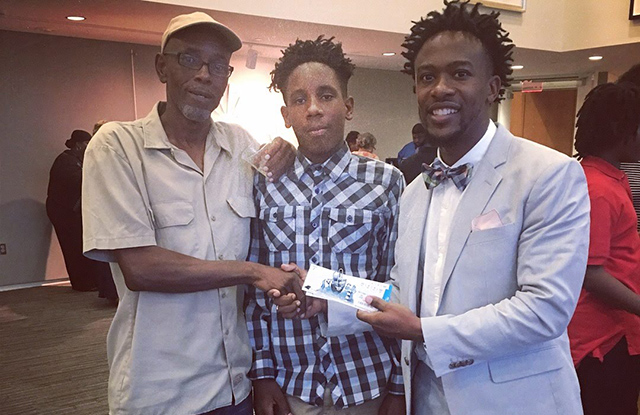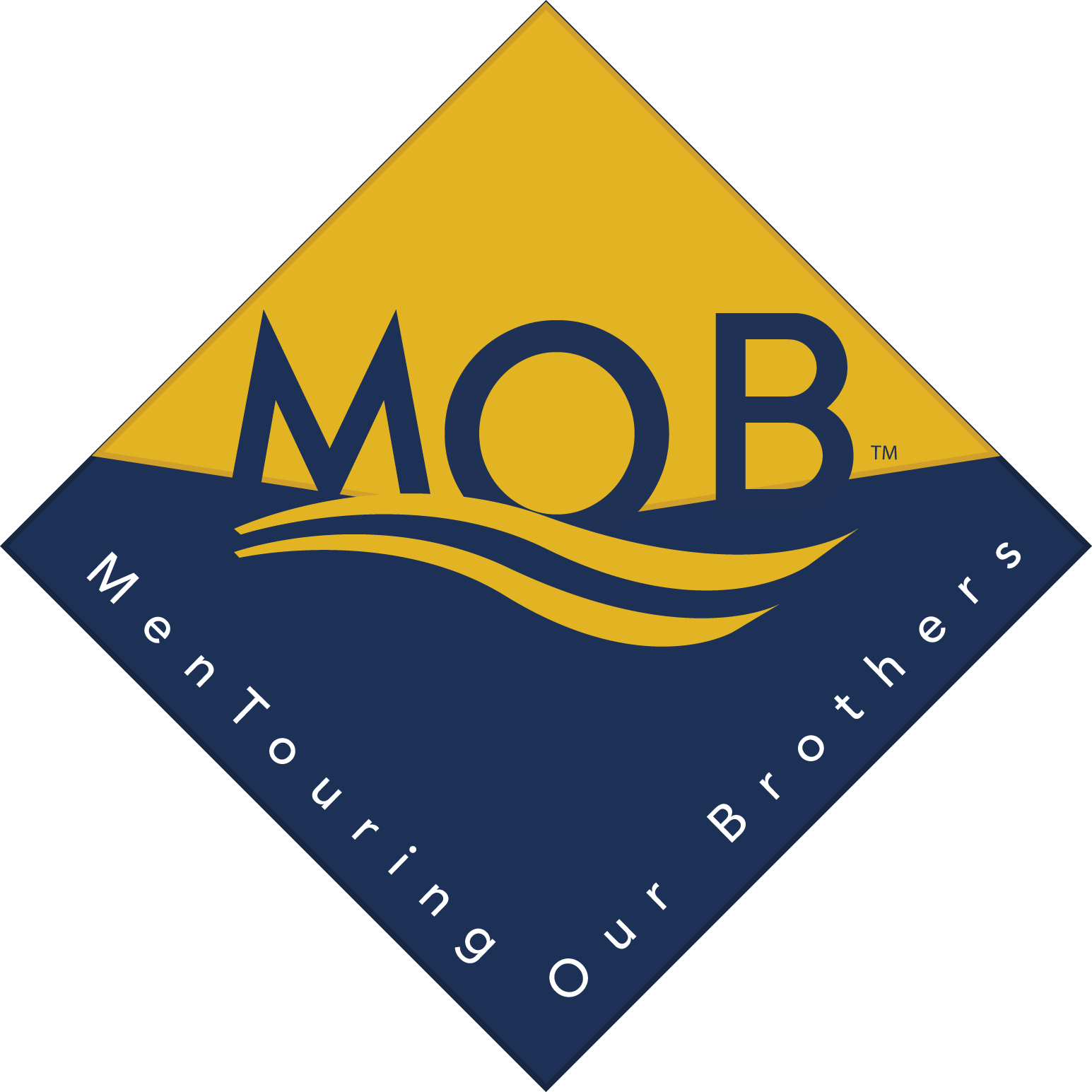PREVENTION
We are equipping our brothers with the fundamental knowledge and skills they will need to navigate the remainder of their teenage years and carry them into young adulthood to be productive members of their community.
Program Overview
In working with youth involved in the juvenile justice system, we have found that many services are offered almost too late. Youth need to be reached much earlier to help prevent their entrance into the judicial system. Furthermore, research has shown that children who have demonstrated low academic aspiration, commitment, and performance during elementary and middle school, among other factors, are at higher risk for youthful delinquency than other children. Therefore, we have designed a prevention program to engage adolescent, middle-grade students, teaching them vital life and social skills, coaching them on changing behavior and habits, and encouraging them to think critically.
Although the young men we serve must be ready to learn, MOB Prevention is not just a classroom. The 9-month program acts as a rite of passage into manhood. We are equipping our brothers with the fundamental knowledge and skills they will need to navigate the remainder of their teenage years and carry them into young adulthood to be productive members of their community.
Involvement in extracurricular activities like
mentoring groups reduces the use of drugs, smoking, and drinking.
CURRENT PROJECTIONS
Boys and men of color particularly black males according to the Bureau of Justice Statistics, have nearly a one-third chance of being incarcerated.
FUTURE PROJECTIONS
New projections suggest an increase to two-thirds chance of being incarcerated by 2020.
Prevention Model

Group mentoring sessions with classroom-style instruction, activities, and assignments focus on the month’s theme and give students the opportunity to demonstrate new skills acquired throughout the month.

BEHAVIOR MODIFICATION Through group sessions that focus on changing behavior by adjusting mindsets and thought processes, students learn to think and, therefore, act in a way that achieves positive results.

Newsletters, mini assignments, and seminars keep parents engaged. They receive guidance on addressing adolescent issues, learn how to follow-up on huddle topics, and stay abreast of local family activities and student opportunities.

Project-based learning requires students to work in teams and devise well-thought solutions to everyday problems while applying skills learned through mentoring and therapy sessions.
Schools Served In The Past
- The Academic, Cultural, Emotional, & Social (A.C.E.S.) Literacy Support program at Statesville Road Elementary School December 2016-April 2017
- The MOB Prevention Huddle began at Turning Point Academy in Charlotte, NC during the 2015-16 school year and continued under the direction of Officer Reginald Richardson.





